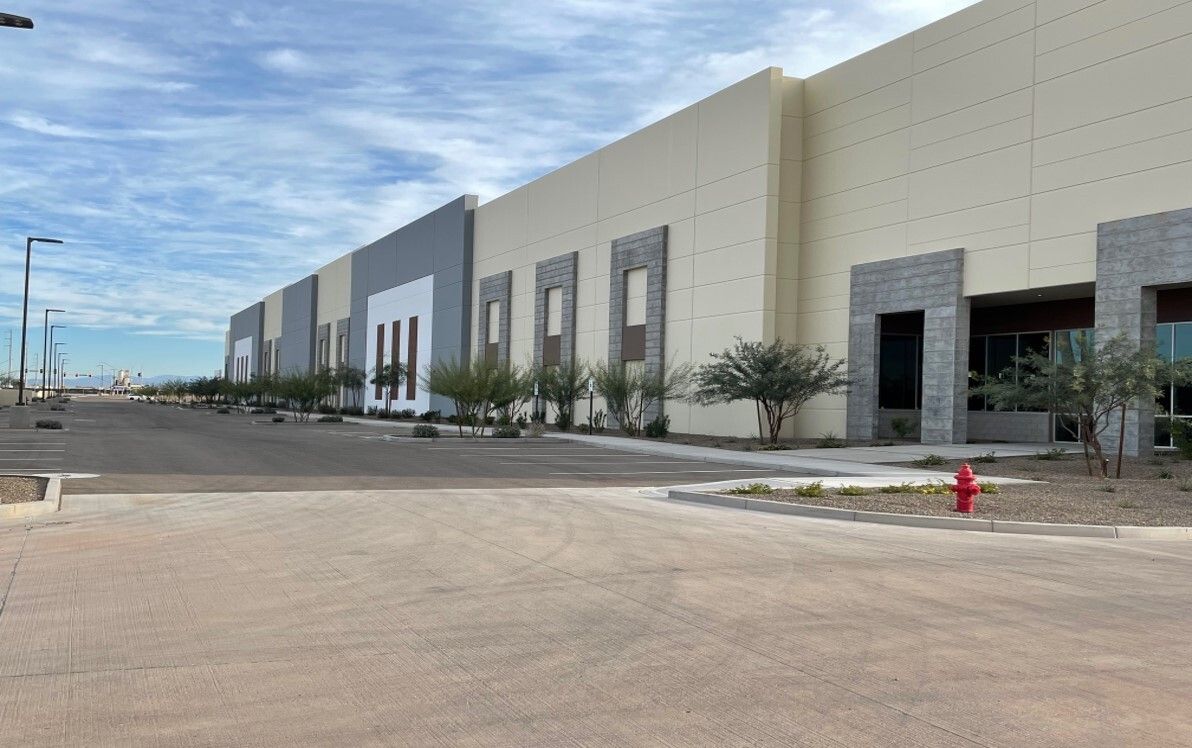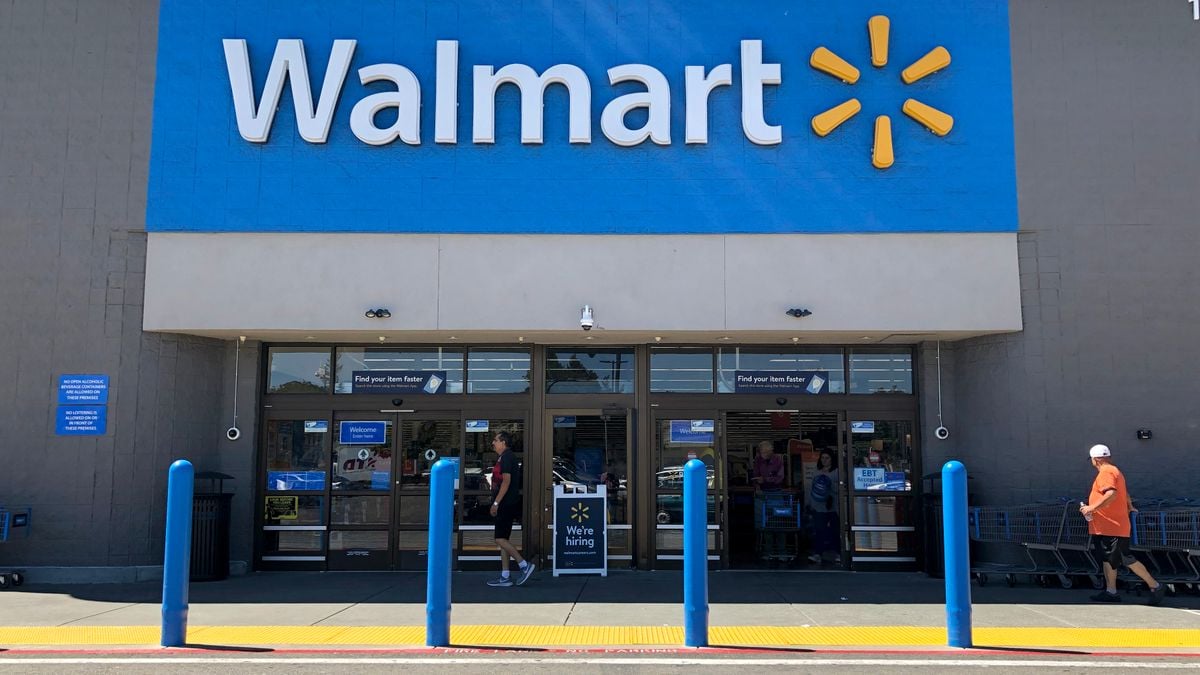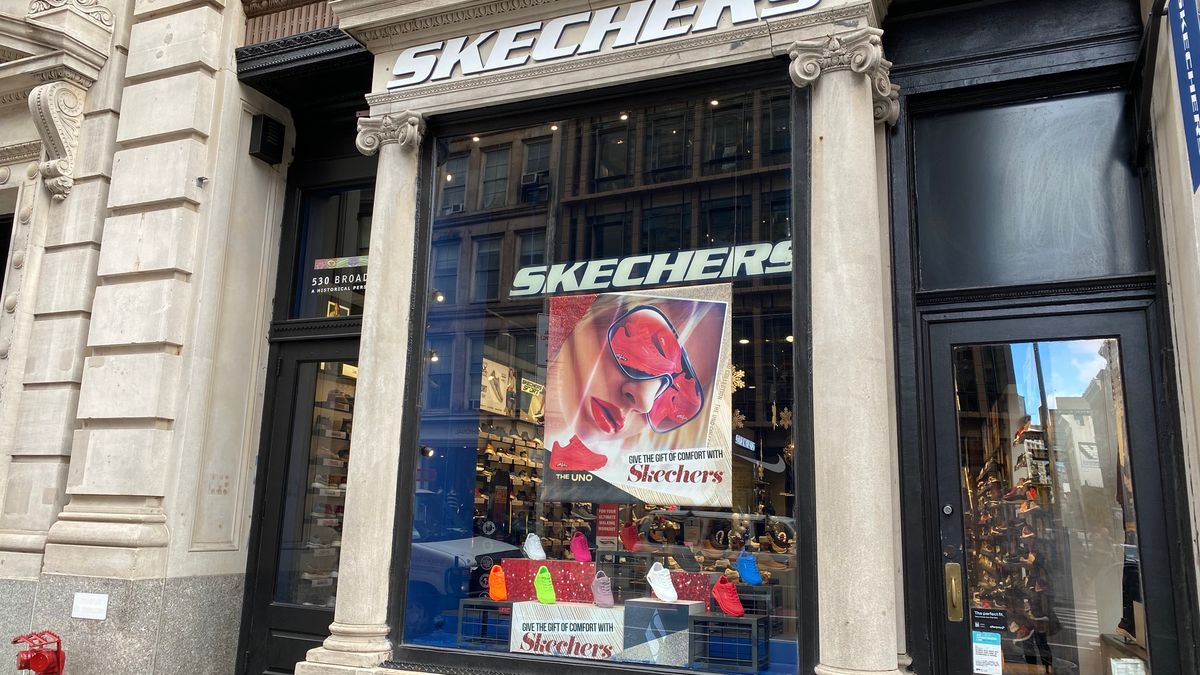Sales at music gear e-commerce retailer Sweetwater once again reached a crescendo in 2022.
The privately-held company said it achieved $1.57 billion in sales and saw revenue growth of 9.5% year over year. It’s the third consecutive year Fort Wayne, Indiana-based Sweetwater reported sales exceeding $1 billion.
Unlike rivals Guitar Center, which opened its 300th store last month, and Sam Ash Music, which has a much smaller brick-and-mortar footprint of fewer than 50 stores, Sweetwater has a showroom and single retail store in Indiana, placing it firmly in the DTC space.
Guitar Center and Sam Ash also operate e-commerce stores for new and used merchandise. Another competitor, zZounds, formerly had a physical store but now also operates exclusively through e-commerce.
In 2021, Sweetwater reached $1.43 billion in sales and reported revenue growth of 25% over 2020. The company reported $1 billion in revenue for the first time in 2020 and said it served more than 1.5 million unique customers. Sweetwater declined to provide specific profit numbers.
Like nearly every other industry, the pandemic hit musicians of all stripes hard. When live music shut down, that left people scrambling for a new source of income. Some of them found one in live streaming.
“The kind of gear that you need to play live music is different than what you need to set up a studio,” for YouTube or streaming said Mike Clem, Sweetwater’s president. That turn drove some of the company’s growth.
So did several rounds of stimulus checks, he said. The extra money and extra time people found themselves with due to lockdowns and quarantines and mandatory work-from-home and virtual learning arrangements led people to invest in their hobby or passion – or to try something new.
As the pandemic waned, Clem said musicians and creatives realized they could work in both the live streaming and live performance spaces. “And so in some ways [the pandemic has] actually accelerated this industry and created kind of a whole new income stream for musicians,” Clem said.
Artists, songwriters, producers, podcasters, and creators are all investing more money than ever in building their home studios and creative setups, according to Clayton Durant, founder of CAD Management, a music management and entertainment consulting firm. Durant is also an adjunct professor at Long Island University’s Roc Nation School of Music and Sports Management.
“From a music standpoint, you can pinpoint this underlying equipment demand by looking at the fact that streaming services like Spotify are seeing more than 100,000 new songs a day added to their service,” Durant said.
Durant also noted that “companies like Sweetwater have democratized the new and used equipment marketplace giving artists, songwriters, and producers the equipment and knowledge to set up home studios that can from a technical aspect match the power and capability of nearly any professional studio in the marketplace today.”
Home studios are now accessible and have mass market appeal for all types of creatives.
“Additionally, it would also be remiss to not highlight that Sweetwater likely benefited from the rise of podcasting. According to a recent Triton Digital report, there are about 5 million podcasts with over 70 million episodes available in the marketplace today,” Durant said. “Much like music, home equipment and software has made launching podcasts easier than ever before.”
“With a growing number of podcast creators, companies like Sweetwater have an entirely new equipment consumer who sits outside the typical artist or creative. I see podcasting as a key component to the continued growth and success of Sweetwater, ” Durant said.
This is clearly apparent to Sweetwater, as a tab on the homepage invites people to shop by categories that include guitars, drums, live sound and lighting, software, and content creators. Clicking that link goes to a sublink that further breaks out the category by podcasting, live streaming and video.
Three years after the pandemic first emerged, “live music is surging back,” Clem said. “So a lot of our strength in recent months is really those live musicians now coming back – those venues – the cruise ships, arenas.” Two million new customers shopped with Sweetwater in the last three years, according to Clem.
The strategy of not having stores
Sweetwater has over 10 million customers in its database. Those customers range from young beginner musicians, to volunteer musicians or audio and lighting directors in houses of worship, hobbyists, live music venues of all types and sizes, and professional full-time performers.

Most of them will likely shop through the company’s e-commerce platform. That’s because for now, Sweetwater doesn’t plan to expand its brick-and-mortar retail footprint at all.
Instead, the company is focused on customer service through its highly trained workforce, such as its nearly 600 sales engineers. They have music industry education or professional experience. Many, Clem said, have been on tour or worked in professional studios. The sales engineers receive 13 weeks of product training.
Customers are matched with a sales engineer who has similar interests, and “each time you interact with the company again, you get that same sales engineer.” The goal, Clem explained, is to form a relationship over time that’s beyond transactional.
Instead of expanding its physical retail presence, “we are so much more focused on this consultative sales model, being experts over the phone, email, text, wherever customers are.…And so for us, it’s really important that we keep that sales team in one place so that we can be the highest experts in the industry,” Clem said.
Durant said Sweetwater’s customer service approach is its “biggest competitive advantage.”
“Ultimately, this brand positioning of Sweetwater acting as the partner to the creator is why they don’t need a brick-and-mortar strategy. Having a large physical retail presence most likely wouldn’t help them in continuing to be the partner of the creator - especially when their customer is more global than ever before,” Durant said.
The pandemic’s impact and recent growth
If you listened to music today or watched a live performance, there’s a good chance you heard or saw one of the tens of thousands of products from over 350 manufacturers that Sweetwater carries.
The company currently has 35,496 SKUs. But like many other retailers in recent years, Sweetwater also faced some supply chain-related challenges at the height of the pandemic and its aftermath.
The supply chain remains disrupted but healing, Clem said. Supply chain disruptions hit the company in two ways. The first was that lots of musical instruments, components and accessories are produced overseas. The second was specific to guitars, one of the company’s core products.
As a result of the supply chain disruptions, guitar production slowed. “That really has had to ramp back up as the craftsmanship in those instruments had to be held to a high standard,” said Clem. “We’re just now getting back to the point where we’re starting to feel much better about 2023.”
Clem also described the 2022 holiday season as “strong” for the company.
“There was a lot of discounting in our industry similar to other categories,” Clem said. And with live music surging back, “we actually found some growth by just serving that resurgence of music.”

In response to live music’s post-pandemic resurgence, Sweetwater opened a school band and orchestra instrument e-commerce store in 2021; it launched a used gear marketplace in the summer of 2022; and in the fall, it opened a new 350,000-square-foot distribution center in Arizona.
“We started shipping in October,” Clem said about the Phoenix-area distribution center “and that’s ramping up very quickly. And that’s a big deal for us because now we can ship to the West Coast in, you know, one or two days where previously it was a four or five-day delivery.”
The Arizona facility is the company’s first expansion outside its home state of Indiana. Clem said they’re seeing improved e-commerce activity on the website now that customers know their orders will be delivered sooner.
“Customers that might have abandoned a cart previously now are converting because now we can get you accessories we can get them timely,” Clem said. “We can get it in time for the gig. It’s been a wonderful success and that will only grow this year as we really scale that up pretty dramatically before the holiday season.”
Clem said the decision to expand into the band and orchestra segment “was a little bit pandemic driven in the sense that so many music stores went out of business.” That left schools and smaller communities without very many options to get the products they were looking for.
If you’re looking for used merchandise, the Sweetwater Gear Exchange allows customers to list their items for resale. When an item sells, sellers can avoid fees by opting to receive a payout in a Sweetwater gift card.
Moving into the used market “really will be a big driver for us in 2023,” said Clem.
In spite of retail’s ongoing and emerging challenges, Clem said Sweetwater is confident that its current business strategy of leaning in to the streaming and podcasting market, delivering great customer service and holding out on growing its physical store footprint puts the company on a sustainable and successful path.






















